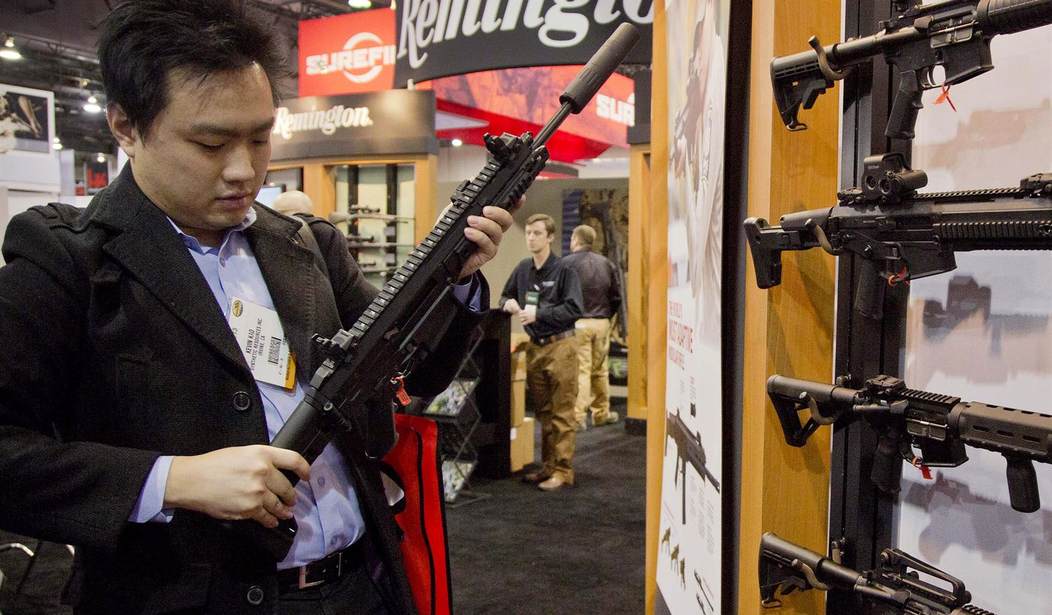If you asked a hundred people on the streets if religion somehow impacted gun ownership, I suspect the majority would say it did. If pressed, most would conclude that religion often shapes people’s conservative views, which also includes gun ownership.
In fairness, I’d have probably answered in a similar way.
Of course, not every gun owner is religious and not every religious person owns a gun. Some cite their faith as to why they don’t own a gun, after all. In other words, it’s a bit complicated. However, I suspect many would still make some kind of similar speculation.
However, a new study from the University of Kansas found an interesting link worthy of discussion.
A University of Kansas study is showing how religion shapes Americans’ views on gun ownership.
The University of Kansas says it recently published a study showing how religion shapes gun ownership views. It says whether it is fear of violence or steadfast belief in constitutional rights, Americans have strong opinions on why they need guns, including concerns of Satan and Armageddon.
“People have these stereotypes of religious individuals and think their connections to guns are simple, when in fact they’re fairly complex,” said Margaret Kelley, associate professor of American studies at the University of Kansas. “One of our main findings is religion actually drives responsible gun ownership. Because of their duty, they needed to be diligent about training and practicing and making sure they are careful with their firearm.”
…
Kelley says that white evangelical Protestants are not only more likely to possess guns but are also less likely to support gun control. She says they are also more inclined to address gun violence with policy interventions that do not reduce the amount or types of firearms like expanded concealed carry laws, better mental health screenings and a greater emphasis on God in public schools and society.
According to Kelley, despite the close connection to weapons themselves, she found that actually firing them presented entirely different responses.
“Almost none of these people want to go out and use lethal force. In fact, that’s the last thing they want to do,” she said. “You have to really wrestle with big moral issues to carry a gun and to be willing to use it. That requires, at least in part, in their religious duty to not create more of a problem. There are certainly gun-toting folks out there who are not practicing and training, but many, including the individuals in my study, are very diligent.”
This study is vitally important. It actually undermines many of the narratives we hear about gun owners, particularly those driven by faith for whatever reason. It shows we’re not all a bunch of cowboys looking for an excuse to gun down someone we deem inferior for whatever reason.
However, as great as the study is, it’s also limited.
For example, is has a small sample size of just 55 women and seven men. That’s not really enough to make definitive statements about much of anything, unfortunately.
What this study does do, though, is provide an interesting springboard for further research. If Kelley’s research holds up for a much larger sample size, then we’ve got definitive evidence that much of the anti-gun narrative about gun owners is simply false. While most of us already know that, it’s not like our ideological opponents are going to just take our word for it.
Studies like this, though, can do more to undermine the argument than anything we could do. Let’s hope this line of research will continue and continue to yield fruitful results.








Join the conversation as a VIP Member